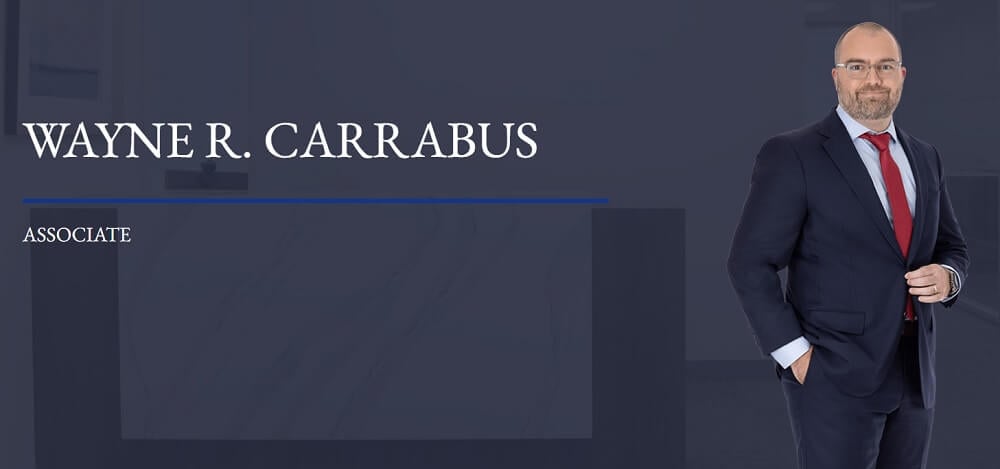For many people in their 60’s, a majority of their adult years have been spent working hard and caring and providing for those in the generations below and above theirs. After such hard work and dedication to others, it is essential for a person at this stage of life to turn the focus to themselves to ensure that they are prepared for what lies ahead.
Establishing an estate plan is a great way to become prepared. But what is an estate plan and what does such a plan cover? A comprehensive estate plan will give a person, and the person’s family members, the tools to handle things during the remainder of the person’s life, and after the person passes away.
During life, a person should be prepared to handle the medical issues and legal and financial matters that can arise as the person ages. And if the person cannot handle these things themselves, it is essential that the person properly authorize trusted family members to assist. The best way to grant this authority is through the execution of Advanced Directives, which are the Health Care Proxy and Power of Attorney.
When it comes to medical issues, a person needs to provide direction to his or her Health Care Proxy agent so the agent can make the appropriate decisions on behalf of the person. A person can also execute additional documents, like a Living Will, which provide further directions to both the agent and the medical professionals treating the person.
Long-term care planning should also be undertaken, in the event a person needs long-term care. This is an area where medical issues overlap with legal and financial matters. On the medical side, decisions need to be made with respect to where the care is administered. At home or in a facility? And if in a facility, which facility is best for the person? And on the legal and financial side, how is the long-term care going to be paid for? Will the person pay out of pocket? Or will public benefits, like Medicaid, pay for the care?
With advanced planning, a person can be positioned to preserve his or her assets, while being able to qualify for Medicaid benefits. Without advanced planning, there are still options available to protect some or all of the person’s assets, before Medicaid is pursued. And if the person is not well enough to participate in this planning, the agent(s) under the Power of Attorney can execute the asset preservation planning and apply for Medicaid on the person’s behalf.
After death, an estate plan, which should include at least a Last Will & Testament, and when appropriate, a Trust, can ensure that the right person is in charge of administering the estate, and that the assets go to the desired heirs. A comprehensive estate plan can accomplish other goals, like avoiding probate, reducing or eliminating an estate tax obligation, or providing for a disabled person long after the person has passed away.
These are just a few things that a comprehensive estate plan can account for. Every person’s case will be subject to different facts and circumstances based on, among other things, his or her health, wealth and family relationships. Consulting with an experience Elder Law & Estate Planning Attorney will ensure that the many things that should be considered, are considered. And once you establish a relationship with such an attorney, you and your family will have that attorney as a resource to consult going forward.
By Wayne R. Carrabus, C.P.A., Esq., at Futterman, Lanza & Pasculli, LLP with offices in Smithtown, Bay Shore and Garden City, NY, and clients throughout metro New York. He concentrates his practice on Elder Law, Medicaid Planning, Medicaid Applications, Estate Planning, Probate and Estate Administration and Estate Taxes.


